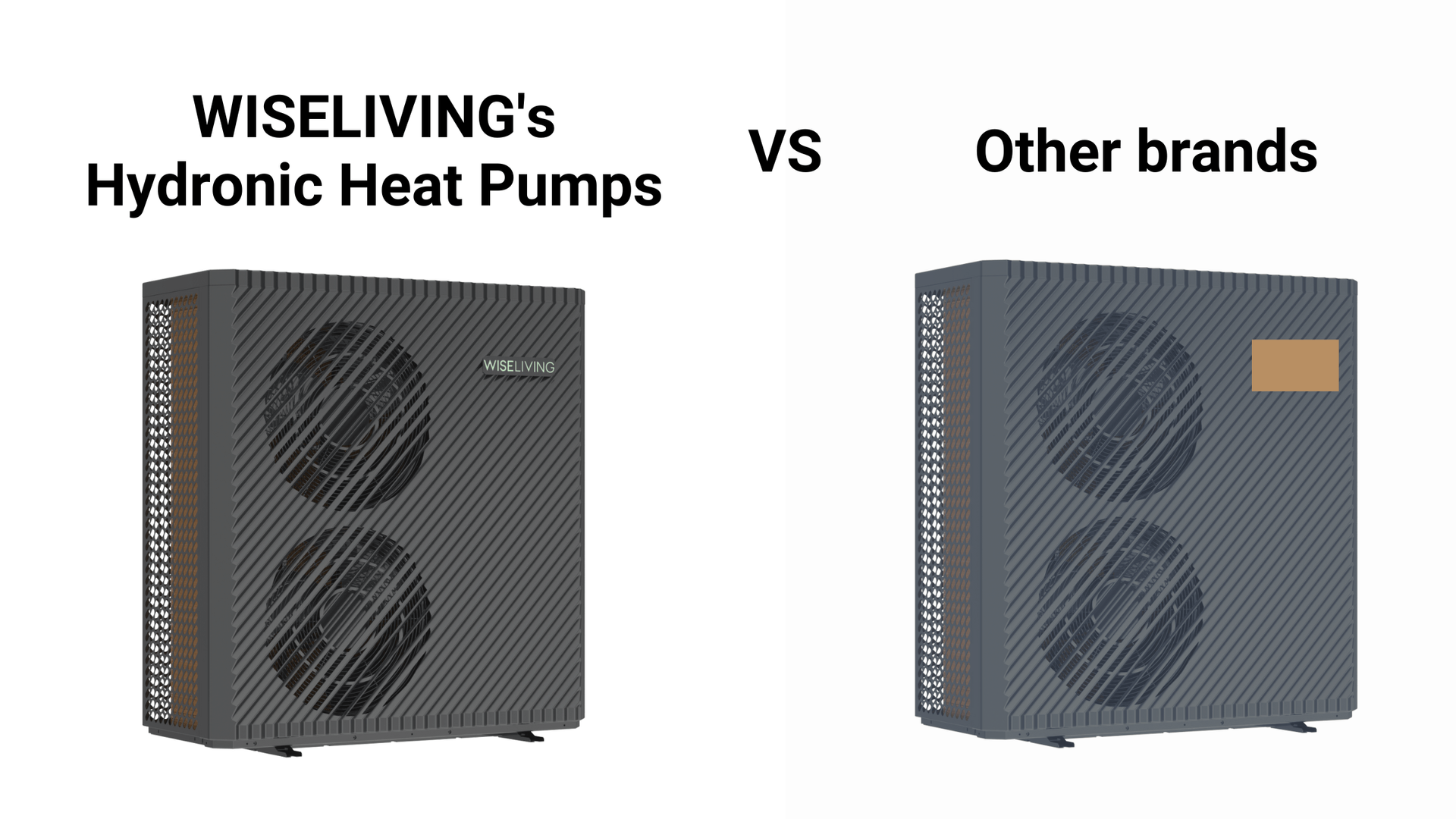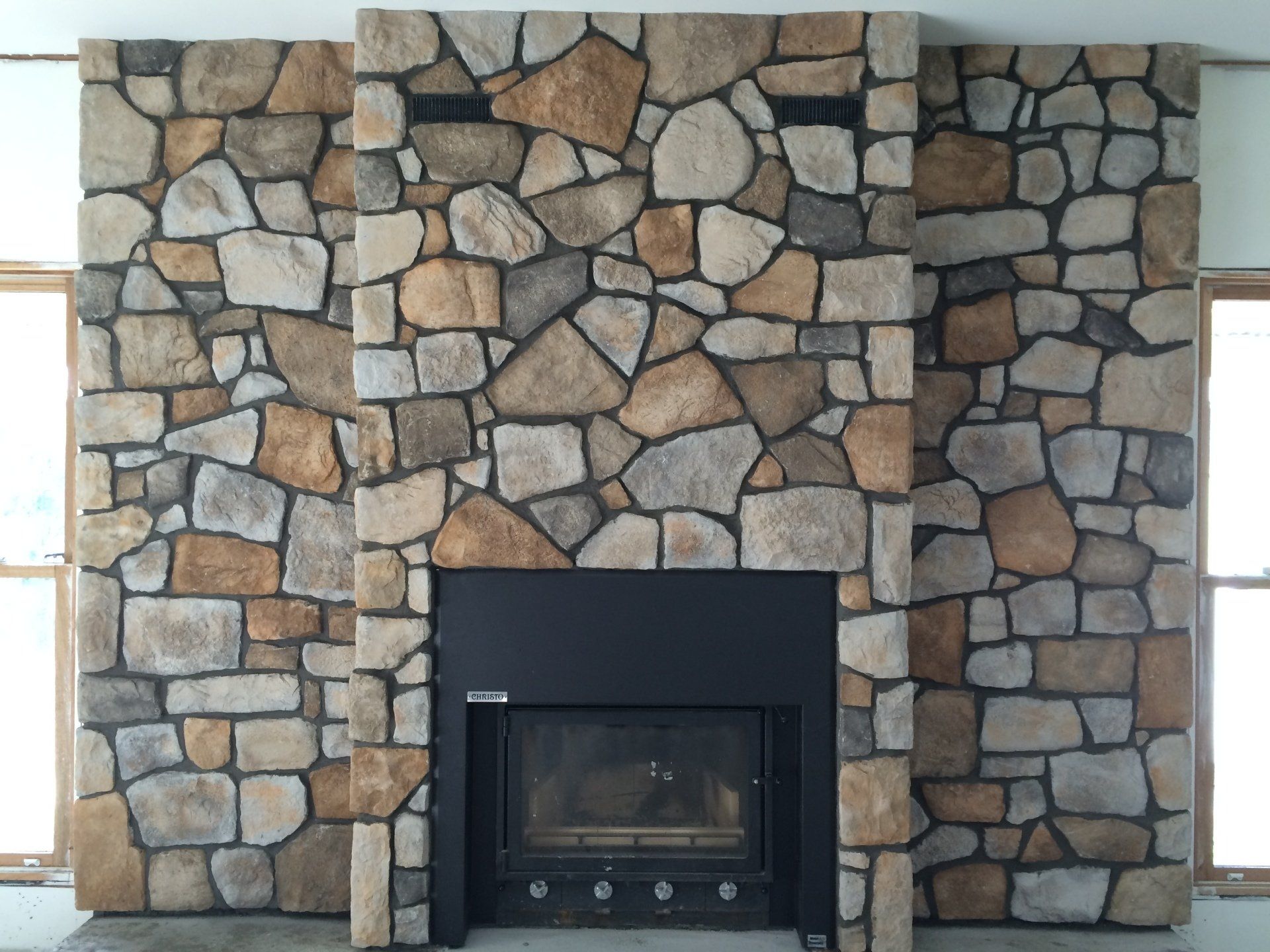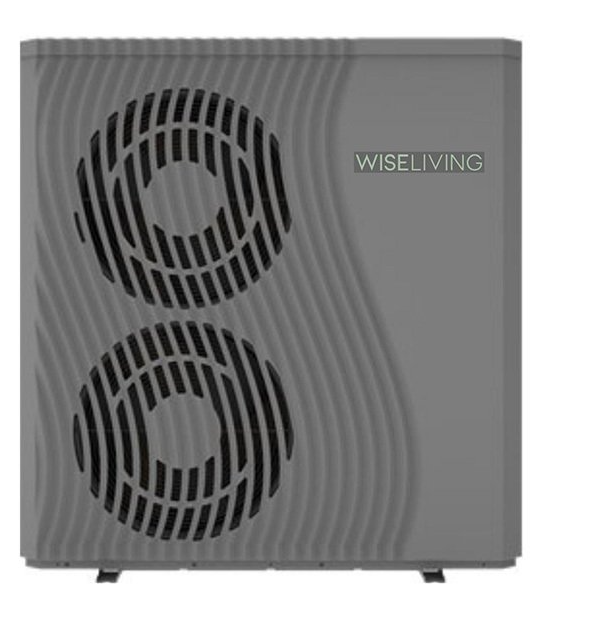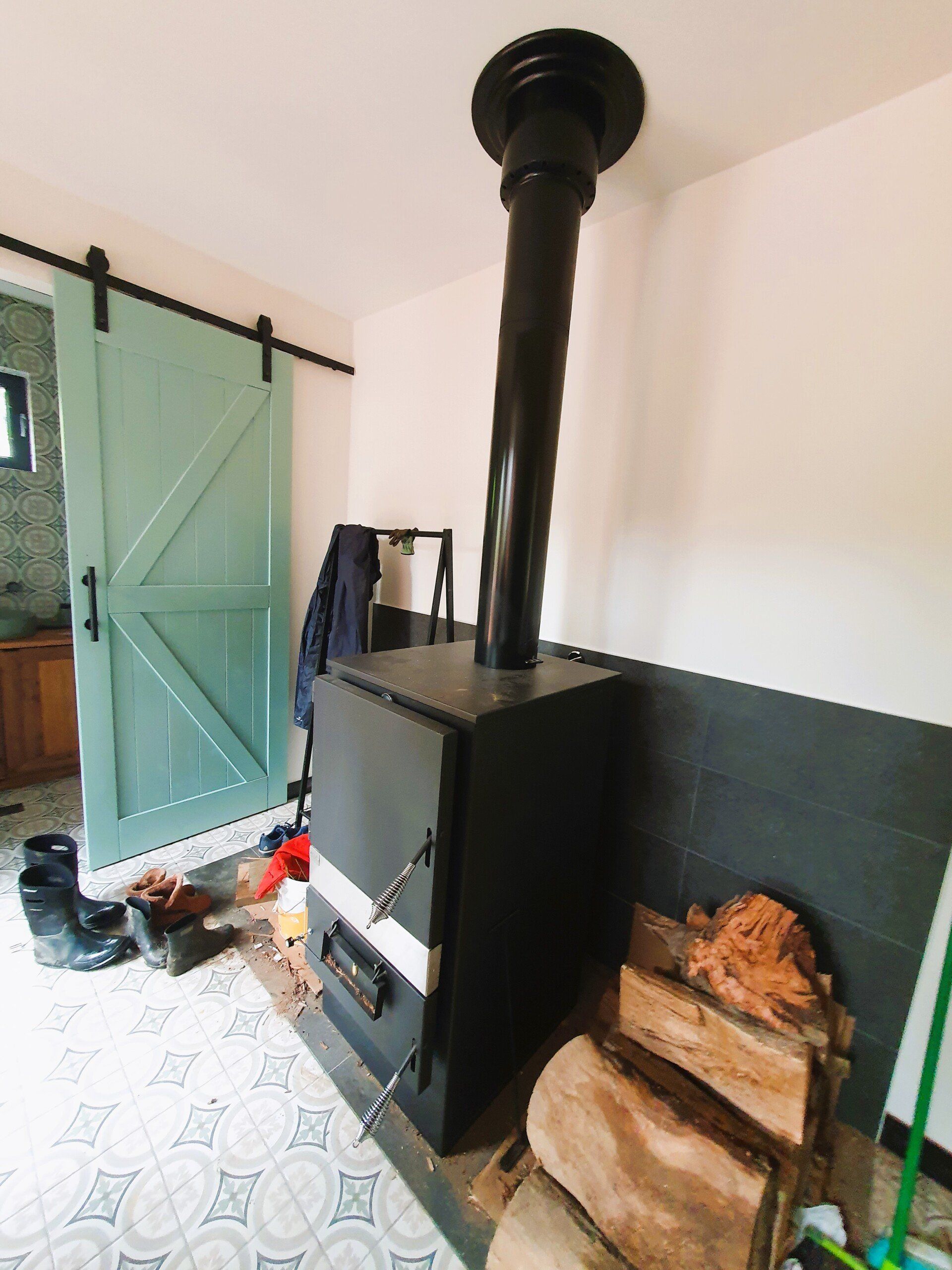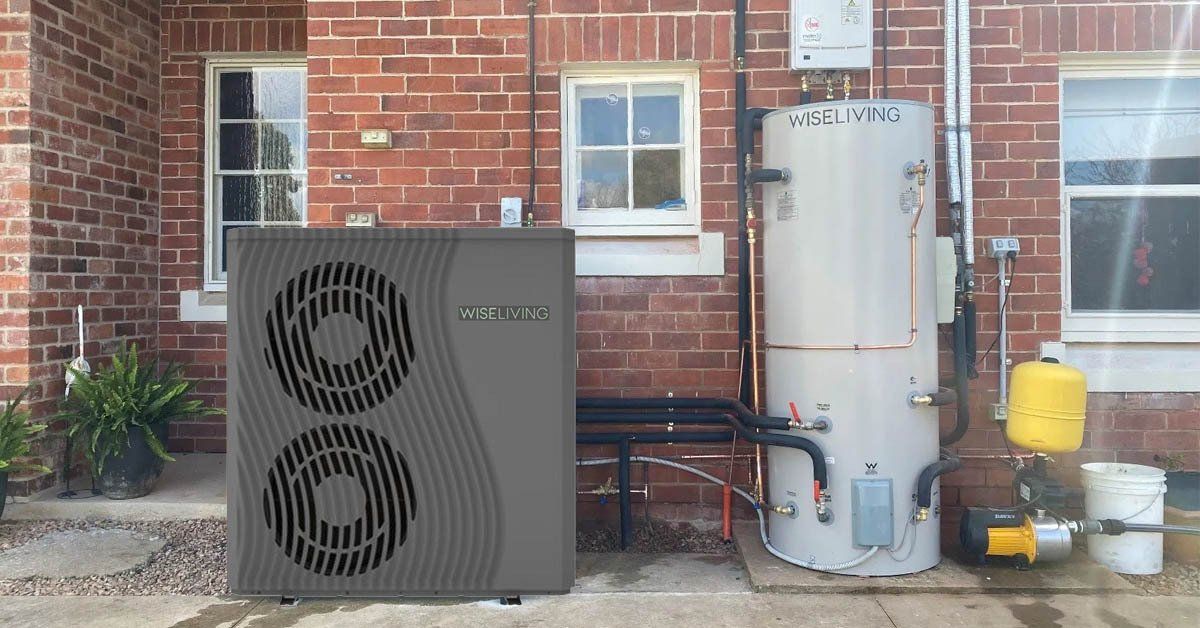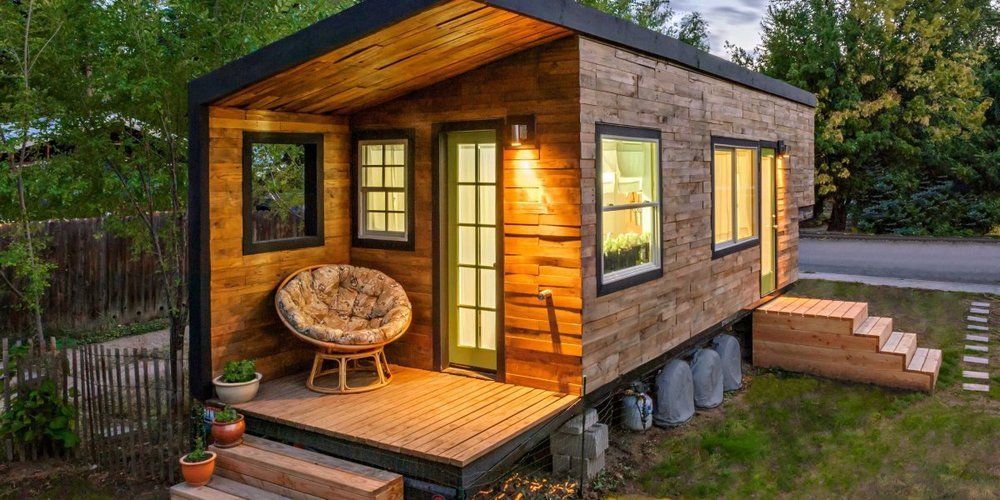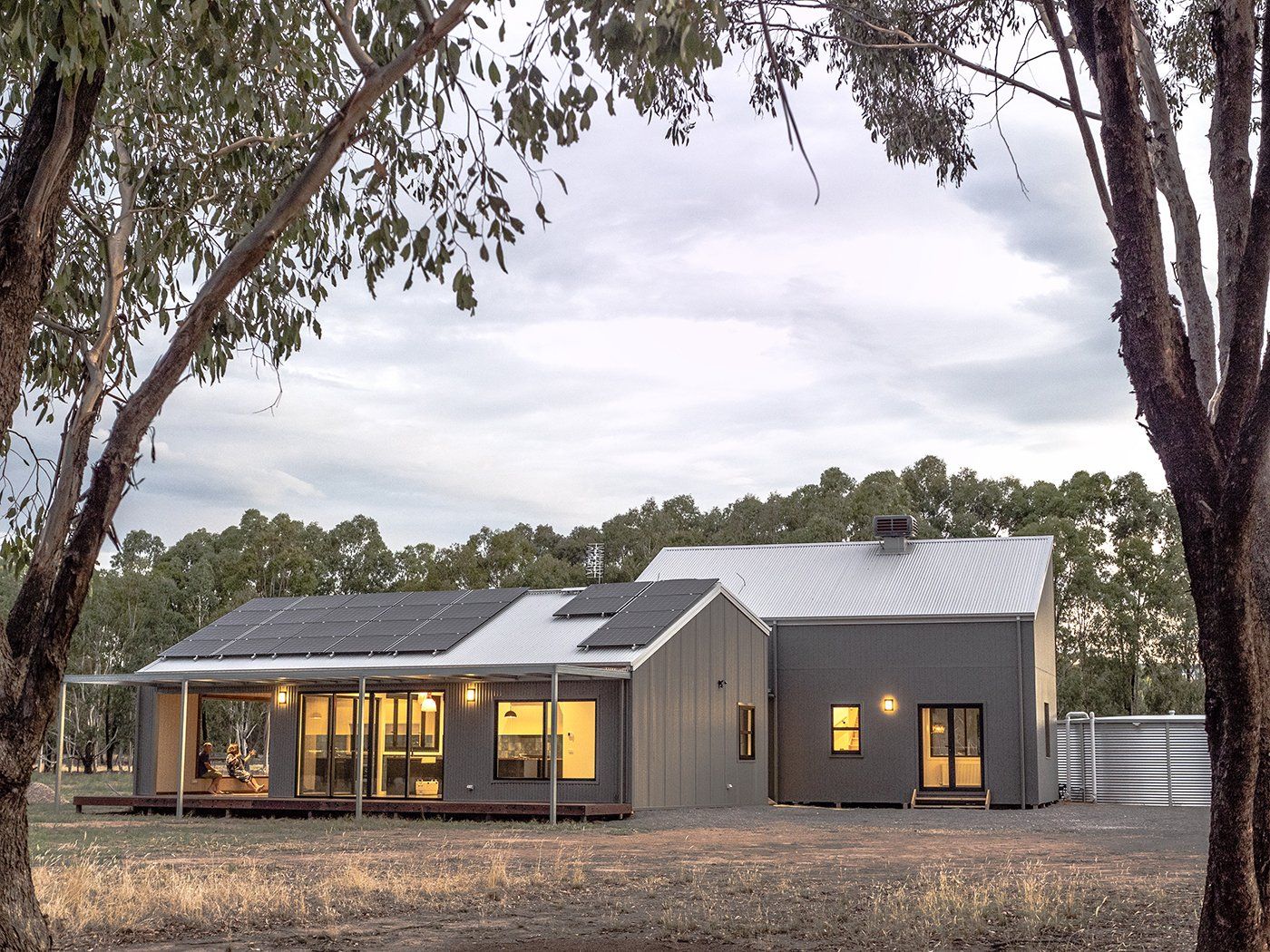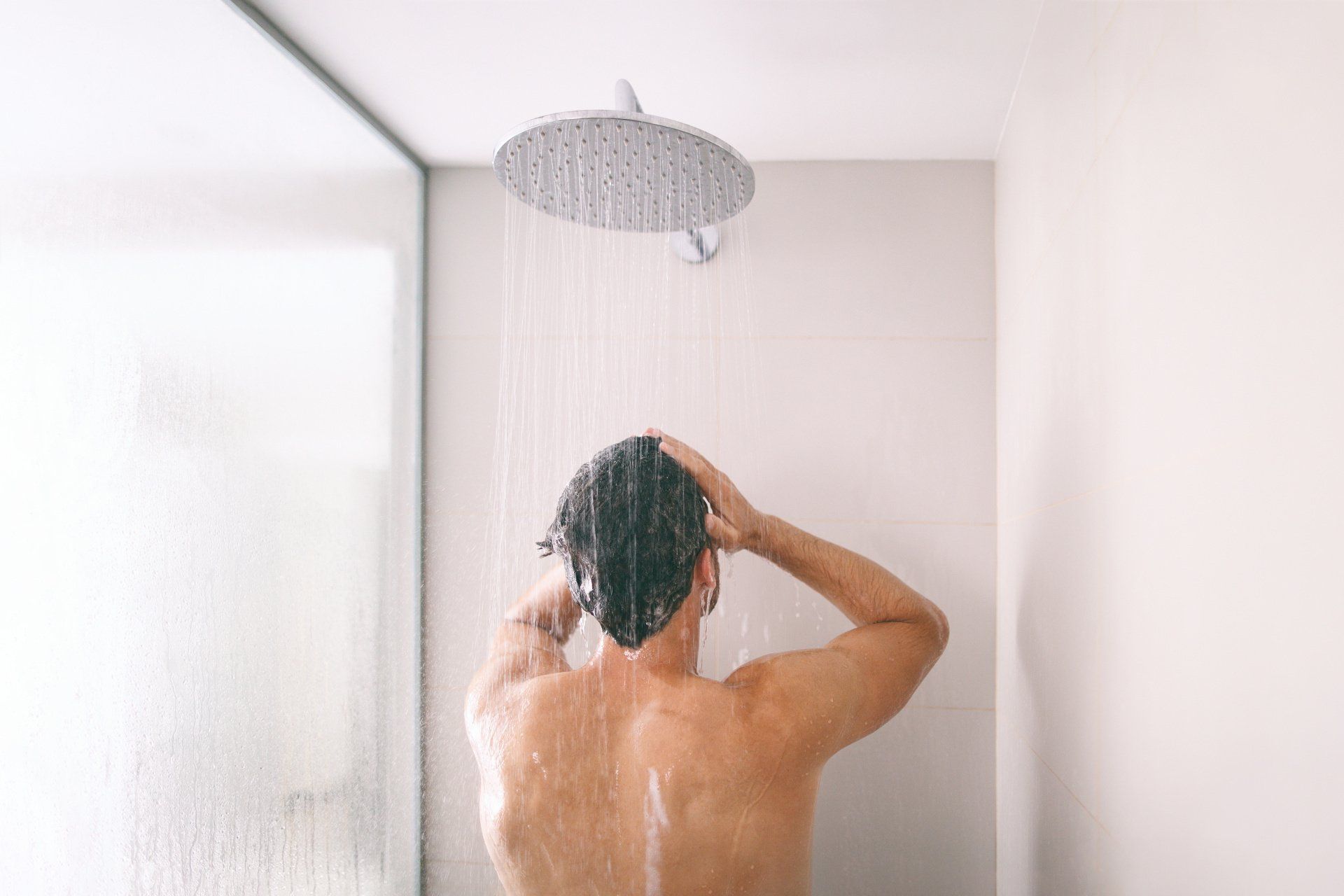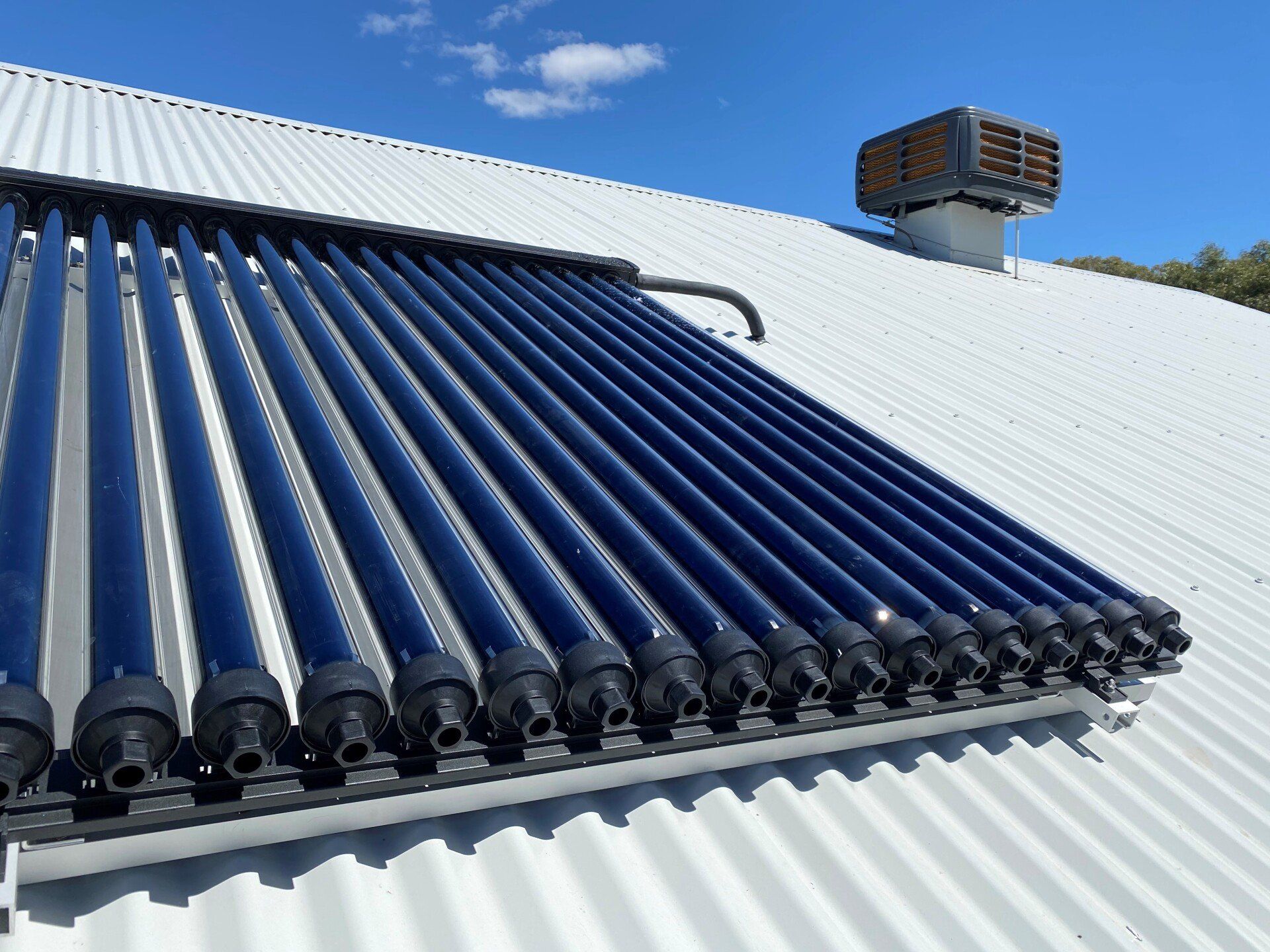Ten Reasons to Choose Hydronic Heating
Reliability, flexibility, safety, sustainability and stylishness. We're asking why not choose hydronic heating for your new or existing family home?
When building a new home or renovating an existing one, the questions should really be; why wouldn't I choose Hydronic Heating? With it's proven reliable, flexible, safe, sustainable and stylish performance you will never have to worry about your central heating ever again. Read on to find out why we are so in love with this tried and true central heating option.
Reliable
High quality hydronic heating systems are designed to provide a long lasting comfortable form of heating you can rely on. Hydronic heating systems are an extremely efficient and reliable central heating system built to last and requiring only general appliance maintenance and servicing.
Efficient
Save on gas and electricity running costs with state-of-the-art efficiency of a hydronic gas or wood-fired central heating system. With the use of small bore pipes to circulate hot water around the system, the pipes are designed to be extremely well insulated so heat losses are virtually eliminated; unlike ducted central heating. Hydronic central heating systems are also designed to be "zonable" with the ability to turn off radiators in seldom used rooms, and more sophisticated zoning systems can offer even greater efficiencies. For example; a hydronic gas central heating system will on average cost around 20% less to operate than a gas ducted heating system.
Silent
Don’t put up with noisy electric fans cycling off and on, adding to indoor noise pollution. Whether you choose radiators, in-floor or convection trench central heating option, enjoy the peace and quiet that hydronic central heating provides.
Allergy & dust free
Gas ducted central heating is a major breeding ground for dust mites, allergens and bacteria housed in the ducts themselves. Hydronic central heating has no forced air circulation or ducts to spread dust mites, allergens and bacteria throughout the home. For these reasons, hydronic central heating has always been the preferred heating choice for engineers and consultants in the health industry.
Safe
Where other types of central heating have ducts full of dust and contaminants along with the very real potential for fire to spread into every room within seconds, hydronic central heating systems are completely safe. Using temperature controlled water fully enclosed within the system, there is no risk of burning from simply touching the radiator. For total peace of mind you can also choose a low surface temperature option, low h2O, natural convector models are available.
Flexible
Because hydronic central heating is modular, you can expand your system as your needs change, providing the boiler has the capacity. If you decide to build an extension or renovate, all you need do is plumb the new area and install additional radiators or convectors.
Comfort Factor
Hydronic heating provide you with a radiant source of heat which means it doesn't dry out the air or create draughts and hot spots. Enjoy a constant even temperature throughout the whole house where your whole home is warmed, not just the air, and live like it's summer all year round.
Stylish
Hydronic Heating units can blend in seamlessly with your home décor. There's a wide range of radiator sizes and attractive designer panels to choose from, along with the latest European styles in vertical tube and steel panel radiators. And don't forget the added addition of
heating towel rails, all designed to suit your tastes and needs.
Environmentally Friendly
Hydronic central heating can be powered by
natural gas or LPG and
wood-fired boiler, making it an
environmentally clean option. A CSIRO study in 2003 showed that firewood is virtually greenhouse neutral and is a useful way to reduce the carbon pollution from gas and coal energy use.
Think Globally, Act Locally
Bringing goods from afar generally requires using more energy than transporting goods locally and transportation can contribute to environmental contamination. The goal of localisation is not necessarily to eradicate globalisation; rather it is to reduce unnecessary transport and to strengthen and diversify community economies.
WISELIVING is Australia's only privately owned and operated sustainable heating, cooking and hot water manufacturer.
Check out your Hydronic Heating options today:
